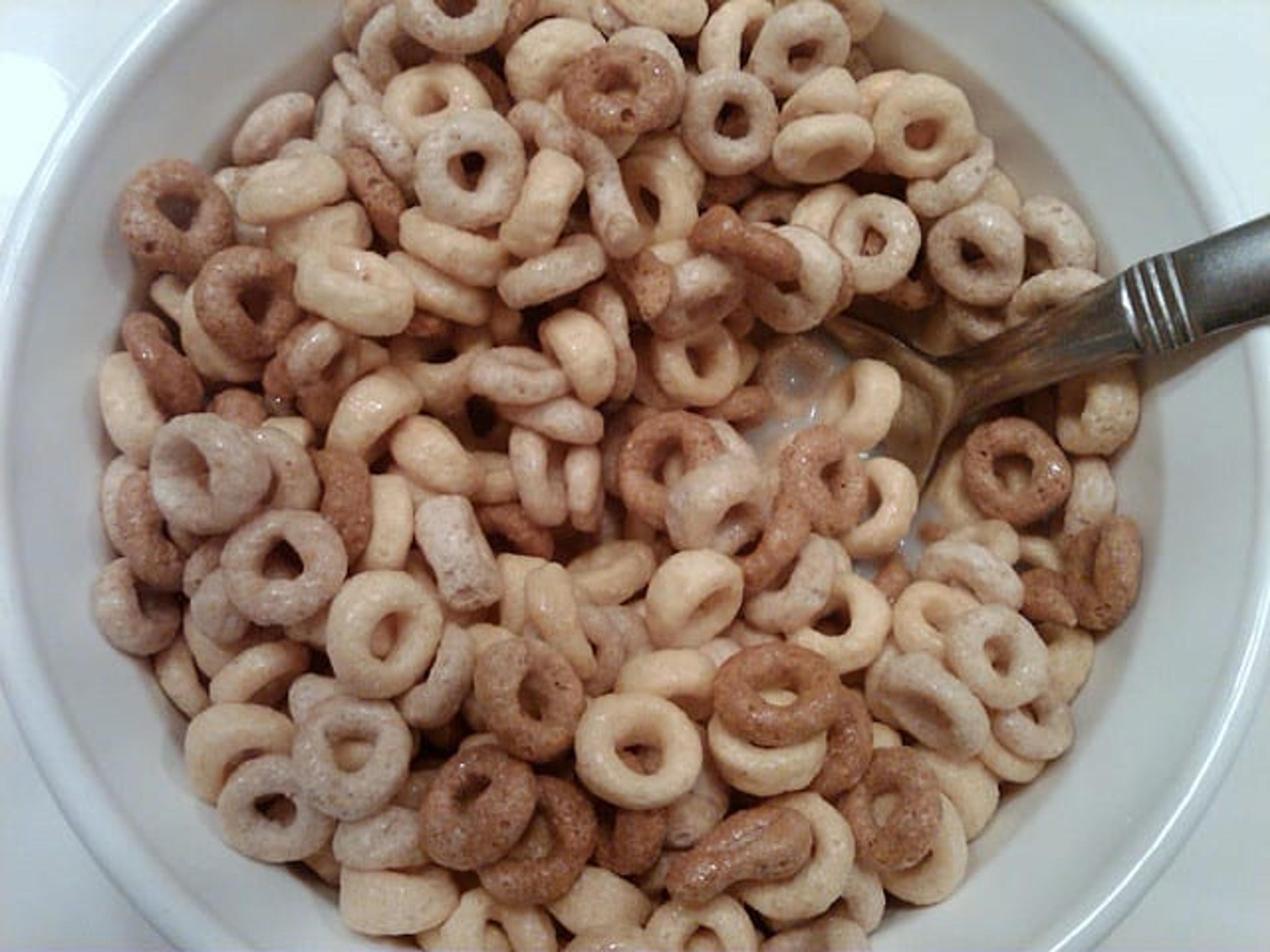Breakfast cereal showdown: The best and the worst
| 2 min read

The average American consumes around 160 bowls of cereal every year, which is why it’s important to choose your box wisely. Not all cereals are created equal, and we’re here to give you the lowdown on which ones to fill your bowl with and which ones to keep far away from your cupboard.
Remember this quick rule if you’re ever in doubt: Look at the nutritional labels and opt for the box that is high in fiber (at least five grams per serving) and low in sugar (less than 25 percent of calories should come from it). And keep in mind that even if your favorite cereal ranks among the healthiest, you still need to measure out your serving size. Those who go for the free-hand pour at the breakfast table typically end up eating enough cereal for 1.4 people.
A few to love:
- Fiber One Original: With 57 percent of the daily value of fiber, this cereal tops the list in terms of nutrition. Not keen on the taste? Try adding in some fresh fruit like blueberries to sweeten it up a bit.
- Kashi Go Lean Crunchy Fiber Twigs: This original cereal from Go Lean contains 13g of protein per serving, definitely enough to keep you energized all morning long.
- Cheerios: Kid-tested, nutritionist-approved. This low-in-sugar cereal is a healthy alternative to many other cereals geared towards children (some of which can pack more sugar than a Twinkie!). Plus, Cheerios contain 40 percent of the daily value of iron, an important nutrient for growing children.
The not-so-good:
- Reese’s Puffs: If the name alone doesn’t give away why this cereal ranks among the worst nutritionally, consider this: One serving of this breakfast treat contains more sugar that an actual Reese’s Peanut Butter Cup!
- Lucky Charms: What’s really in those delicious rainbows and pots of gold? Sugar. Fourteen grams per serving to be exact.
- Cocoa Krispies: Beyond the fact that this cereal is 40 percent sugar by weight, it also contains only one gram of dietary fiber, just 4 percent of the daily value.
Photo credit: dr.coop





